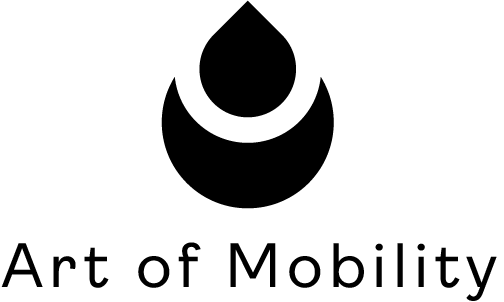
Frozen shoulder, medically known as adhesive capsulitis, is a condition characterized by stiffness and pain in the shoulder joint, leading to restricted movement. Despite its common occurrence, many remain unaware of its causes, optimal management techniques, and the role of massage therapy in alleviation.
Understanding and addressing this condition is crucial. This blog post delves into the causes of frozen shoulder, the effectiveness of massage therapy, and how to safely manage the condition, aiming to educate and provide relief to those suffering.
What Causes Frozen Shoulder?
A frozen shoulder arises when the shoulder capsule—the connective tissue surrounding the shoulder joint—becomes thickened, inflamed, or scarred. This condition can develop when the shoulder has been immobilized for a period of time, such as after surgery, injury, or illness, leading to stiffness and pain due to lack of movement. The lack of mobility contributes to the capsule’s thickening, making it difficult to move the shoulder.
Several underlying health conditions can increase the risk of developing a frozen shoulder. Diabetes is a significant risk factor, with patients experiencing a higher prevalence of the condition. Thyroid disorders, cardiovascular disease, and Parkinson’s disease also contribute to its development. Previous shoulder injuries or surgeries that necessitate prolonged immobility can further predispose individuals to frozen shoulder, underscoring the importance of careful post-injury or post-surgery rehabilitation.
The Safety and Efficacy of Massage for Frozen Shoulder
Massage therapy can be a valuable component of the treatment plan for individuals suffering from frozen shoulder, especially when executed by a skilled therapist familiar with the condition. However, it’s crucial to approach massage with caution. Directly massaging the affected area might aggravate inflammation and discomfort in some cases. Therefore, a gentle and targeted approach, focusing on relieving tension in surrounding muscles and improving overall shoulder mobility, is recommended.
For those dealing with a frozen shoulder, certain types of massage are more beneficial than others. Techniques such as soft tissue mobilization, myofascial release, and gentle stretching can be particularly effective. These methods focus on loosening and stretching the shoulder’s connective tissues and improving blood flow to the area, which can help reduce stiffness and pain. These massages must be performed by registered massage therapists (RMTs) who are experienced in dealing with frozen shoulders to ensure safety and effectiveness.
Managing a Frozen Shoulder: Do’s and Don’ts
When managing a frozen shoulder, it’s crucial to avoid activities that could exacerbate the condition. Overstretching, engaging in sudden, forceful movements, or lifting heavy objects can increase inflammation and pain. Activities that involve repetitive overhead movements should also be minimized to prevent further stress on the shoulder.
Contrary to avoiding certain activities, maintaining a degree of shoulder movement is essential for recovery. Rest and immobilization can lead to increased stiffness. A rehab massage therapist or physiotherapist can recommend a series of gentle stretching and strengthening exercises tailored to the individual’s condition. These exercises aim to improve mobility and strength in the shoulder without overexerting the joint.
Recovery and Long-Term Management
Recovery from a frozen shoulder is a gradual process, often taking several months to years. The journey back to full mobility varies significantly among individuals, with some experiencing a complete return to normalcy and others retaining some degree of limitation. Setting realistic expectations and committing to a consistent treatment and exercise regimen is crucial for optimal recovery.
Navigating the recovery from a frozen shoulder can be challenging without professional guidance. Healthcare professionals, including physiotherapists, rehab massage therapists, and physicians, play a vital role in diagnosing the condition, recommending appropriate treatments, and monitoring progress. Tailored exercise programs and therapy sessions, guided by these professionals, are key to safely and effectively improving shoulder mobility and reducing pain, ensuring the best possible outcome for each individual.
Regain Your Mobility: Start Your Healing Journey with Us!
A frozen shoulder can significantly impact your quality of life by restricting movement and causing discomfort. However, with the right approach, including specialized massage therapy, gentle exercises, and professional guidance, improvement and recovery are within reach. In Mississauga, Art of Mobility stands as a beacon of hope for those suffering from this condition.
Our team of skilled RMTs specializes in techniques tailored to address and alleviate the symptoms of a frozen shoulder. Don’t let pain hold you back—contact us for personalized care and take the first step towards regaining your mobility and freedom.

Hello! My name is Christian Tabula and I am a Registered Massage Therapist. I graduated at the top of my class from ICT Kikkawa College, and a Honours graduate of Wilfrid Laurier University with a BSc in Kinesiology.I grew up being physically active and a devoted sports fan. This contributed to...
